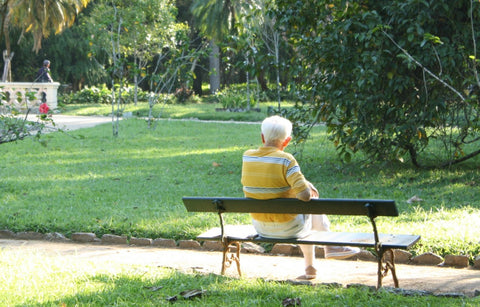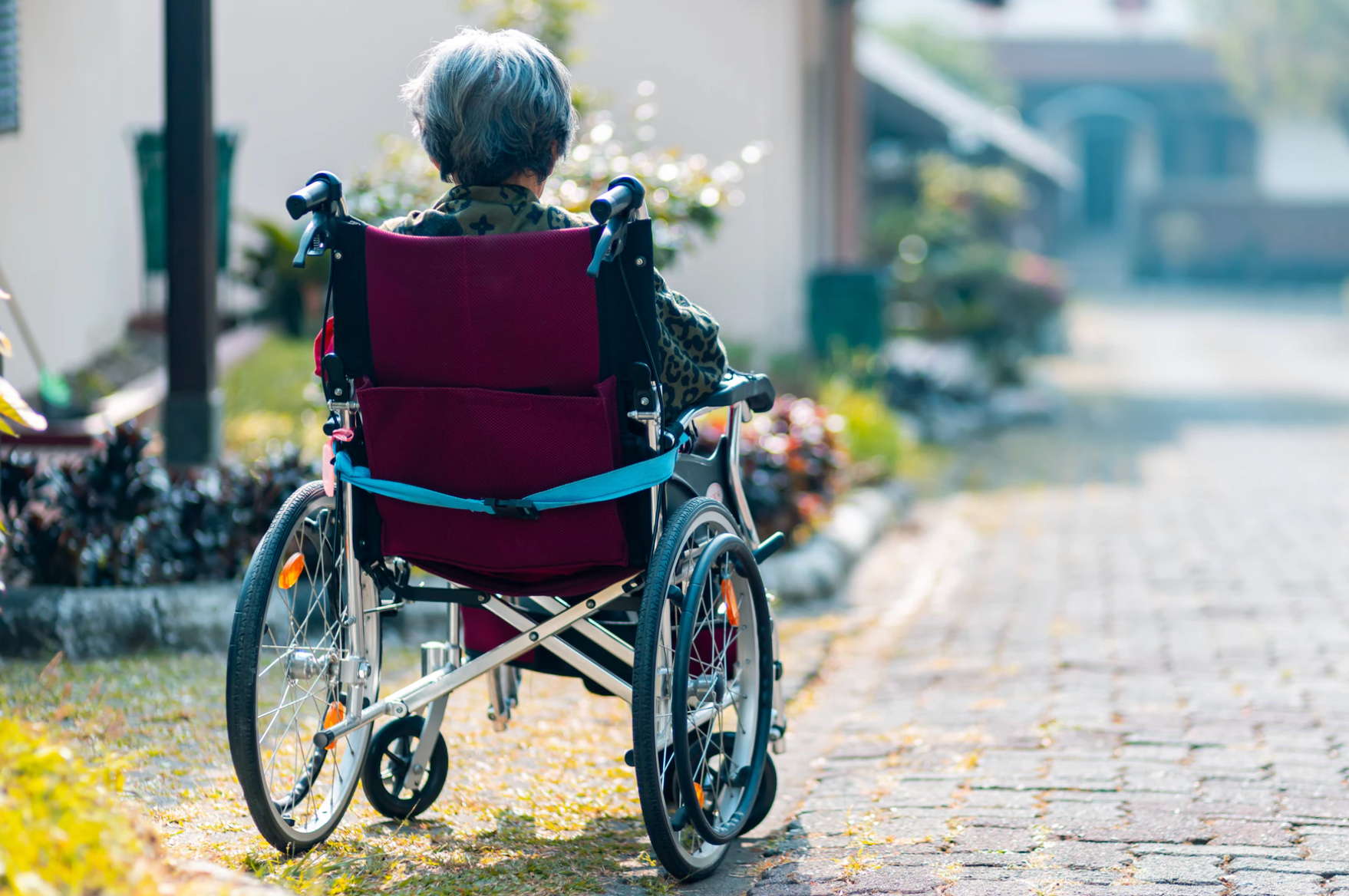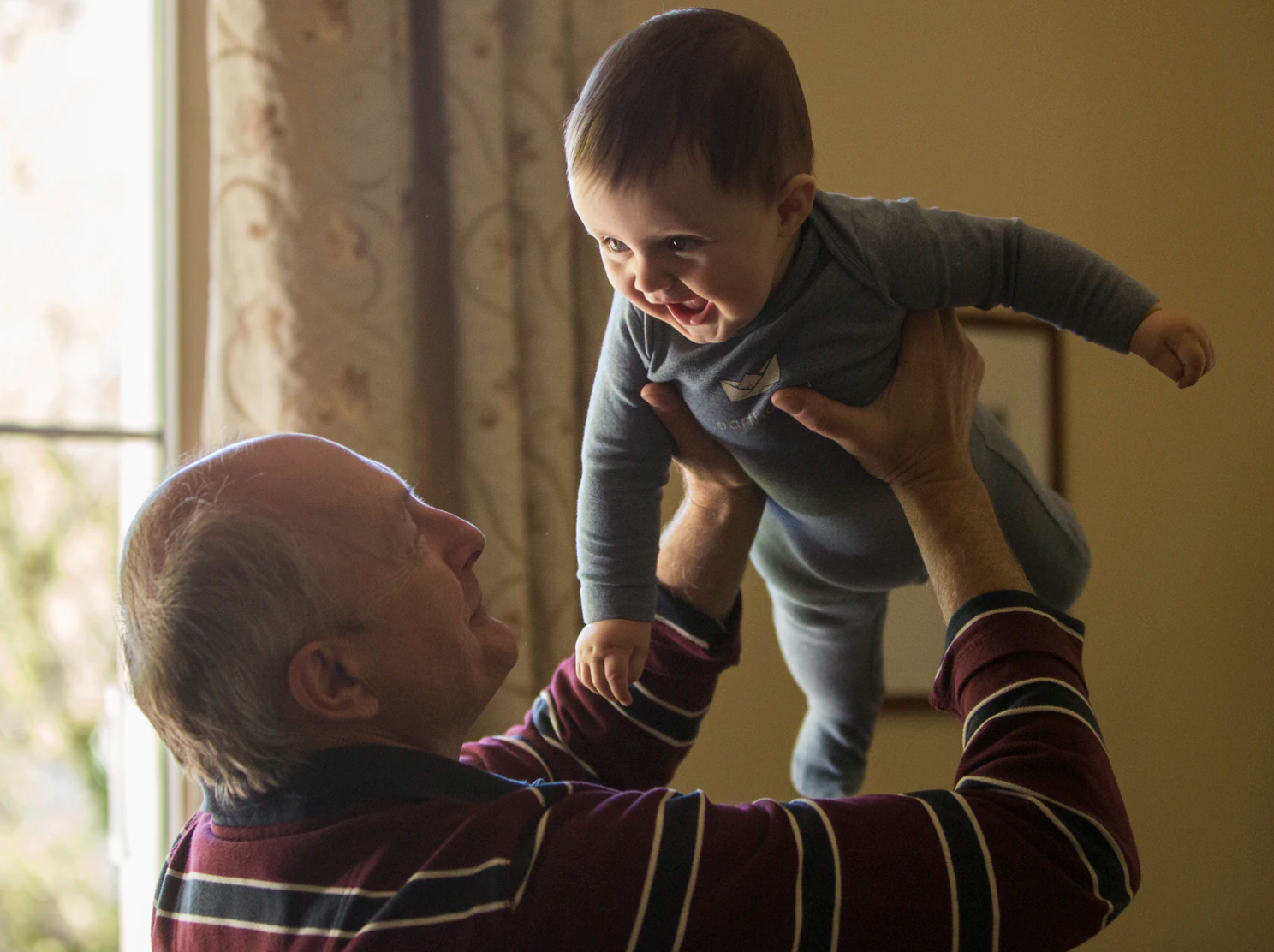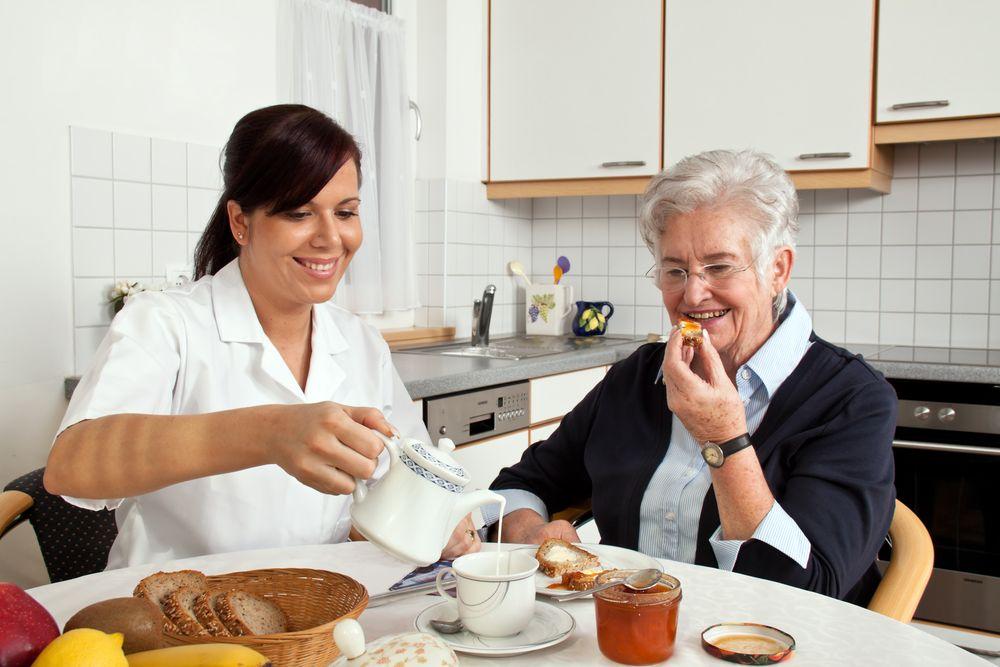How to help the elderly cope with loneliness
Loneliness in the elderly is a common phenomenon that results from many causes and changes in life. Loneliness can cause depression, illness and more.
As the years go by, so does life expectancy. The combination of advances in medicine and science, the awareness of a healthy lifestyle that includes maintaining proper nutrition and exercise prolongs the elderly life and as the years pass, so does the mortality age. This change demands to cope with phenomena that in the past have not been emphasized, the phenomenon of loneliness in old age. Sadly, loneliness in old age is a daily reality for many elderly people around the world.
The third age population has to deal with many things that life has summoned. One of them is the passing of the spouse. The same life partner, who has walked the elderly for so long, in good and bad times, is no longer with him or her. From that moment on, the elderly are forced to adapt to a new life they did not know. The loneliness phenomenon is not a disease but can certainly create a depression in the elderly, lack of taste for life, self-neglect, and hence the path to getting sick is short.
What can cause loneliness in the elderly?
At any age, people have social needs. These needs arise because human nature is not to be alone. Once the senior has become accustomed to a particular agenda that includes his partner, he must adapt to a new agenda. Loneliness in the elderly can begin with the fact that, at any age, it is easy to find new social connections and there are times that the elderly person does not even try and slowly begins to sink into his loneliness. When left alone in an empty house, the meetings with the children and grandchildren are often inadequate due to their dedication to their personal lives, and thus the feeling of loneliness grows.

Getting used to a particular agenda and changing it at one moment can cause many changes. It is possible that the diet for the elderly has changed at least balanced (after all, no one cares and worries as each partner does), that common activities such as walking have been discontinued, the inability to share with people in everyday problems, and so on, can cause many illnesses. Stopping balanced nutrition and exercise can cause illnesses such as diabetes, blood pressure, and heart disease, and the lack of interaction can cause memory problems such as dementia and Alzheimer's and even a state of madness.
What can be done to relieve the feeling of loneliness?
First and foremost, the elderly should be prevented from being alone. If it is your parents or someone in your family, it must be persuaded to join any of the existing social activities. If it is in the community center, in the nursing home, and as far as the health situation allows, you can urge the elder to devote himself or herself to volunteer activities. The richer the time of the elderly, the lighter his loneliness will be, his head will be cleaner and clearer, he will have a joy of life and a purpose for which he gets up every morning.
On a personal level, it is important to maintain daily contact with your loved ones. Even a phone call that calls for the well-being of the elderly person and hearing a little about him can ease the feel the loneliness and depression - to know that there is always someone at his side and of course, try to meet regularly. Care must be taken to ensure that the elderly maintain a proper and balanced diet and performs some physical activity to prevent body degeneration.
Meeting your loved ones on a regular basis can do wonders in bringing joy and enthusiasm to the life of the elderly.















